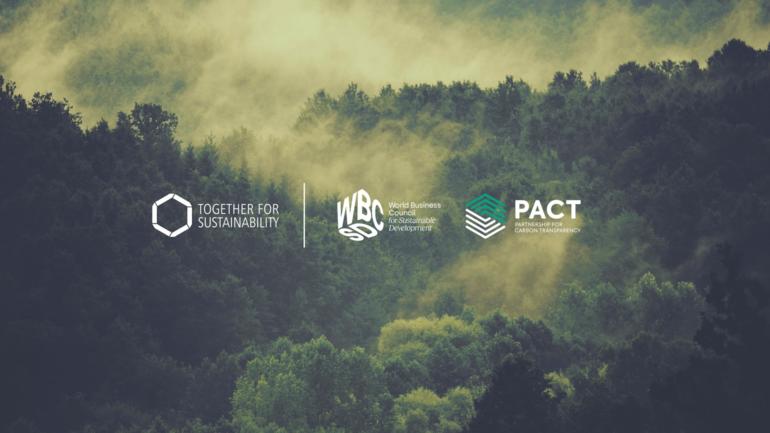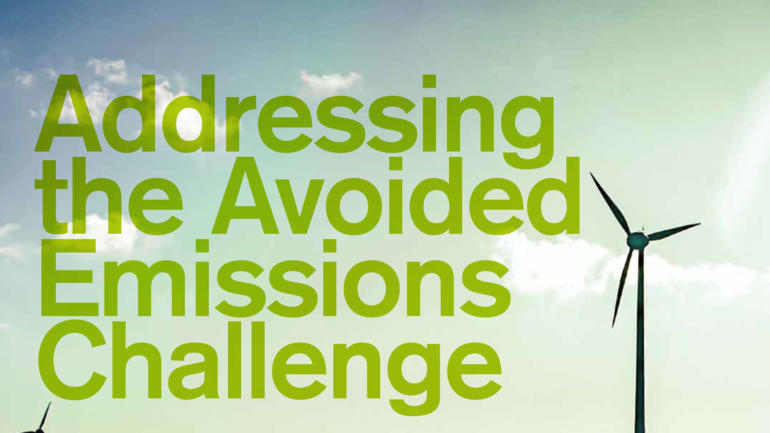Geneva, 26 February 2013 – Ten of the world’s largest chemical companies, together with the World Business Council for Sustainable Development(WBCSD), released today an accounting and reporting guide to help the sector consistently account and report climate impacts in the corporate value chain.
The first of its kind, Guidance for Accounting & Reporting Corporate GHG Emissions in the Chemical Sector Value Chain provides a common sector guide for corporate level Greenhouse Gas (GHG) accounting and reporting. The document provides additional clarification for chemical sector companies when addressing sector specific issues and is based on the GHG Protocol standards, which are developed through a global stakeholder process led by the World Resources Institute (WRI) and WBCSD.
The project was co-chaired by Mr. Ton Büchner, CEO of AkzoNobel; Mr. Jean-Pierre Clamadieu, CEO of Solvay; and Ms. Margaret Suckale Member of the Board of Executive Directors of BASF, and produced by working group members from AkzoNobel, BASF, DSM, DuPont, Evonik, Mitsubishi Chemical Company, Sabic, Solvay, The Dow Chemical Company and Umicore. The guide is a substantive attempt to provide the missing link for more consistent and credible communication of corporate-level GHG emissions.
The guide gives direction to companies on a common approach for accounting and reporting on challenges such as joint arrangements; the resale of energy; identifying relevant value chain (scope 3) activities; combined heat and power installations; and swapping arrangements. It also provides a consistent framework for reporting, which allows for more transparency and consistency on corporate-level climate impacts across companies. By having a common approach that is used across the sector, companies can now compete on sustainability performance, rather than on methodologies.
Peter Bakker, President of the WBCSD, said the old adage, “what gets measured gets managed,”still rings very true.
“If we are to bring business solutions to the scale that the world needs, we must get all business involved, or in other words, we must change the accounting rules of the game. This guide is important because it is a significant step toward helping an important sector better account for, report and manage its climate impacts, and at the end of the day, provide sustained business growth.”
It is the intention that this guidance be used and adopted by more chemical companies around the world. This guidance is an essential first step toward a common approach to assessing GHG emissions, and to further improving the industry’s response to addressing climate change.








